Directory
- Share
Rishabh Bajoria
- Alumni
- India
- 2021 PhD Law
- King's College
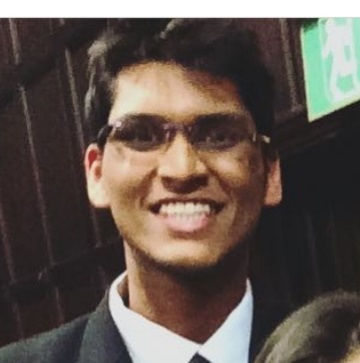
Rishabh Bajoria
- Alumni
- India
- 2021 PhD Law
- King's College
In 2017, I worked with the Association of Parents of Disappeared Persons (APDP), Srinagar, where I drafted an International Law manual on Enforced Disappearances. Participating in APDP’s engagements with the OHCHR taught me about the potential of international legal institutions. However, the everyday experience of observing a state against a society reinforced the explanatory limits of purely doctrinal legal scholarship. This was a transformative experience. These encounters combined with my time at Jindal Law School and the University of Melbourne have motivated and equipped me to pursue a doctoral project interrogating the historical trajectories of international law through the Indus Waters Treaty, 1960. The Treaty, signed by India, Pakistan and the World Bank, divides access to the waters of the lucrative Indus basin flowing through the disputed region of Jammu and Kashmir. Both states claim ownership over Kashmir but neither involved Kashmiri voices while dividing waters crucial to socio-cultural lives in the Valley. This project will reflect my continued political and scholarly commitment to interrogating large historiographical questions by taking the lives and aspirations of ordinary people -Kashmiris- seriously.
Michael Baker
- Scholar
- United States
- 2023 PhD Clinical Neurosciences
- Trinity Hall
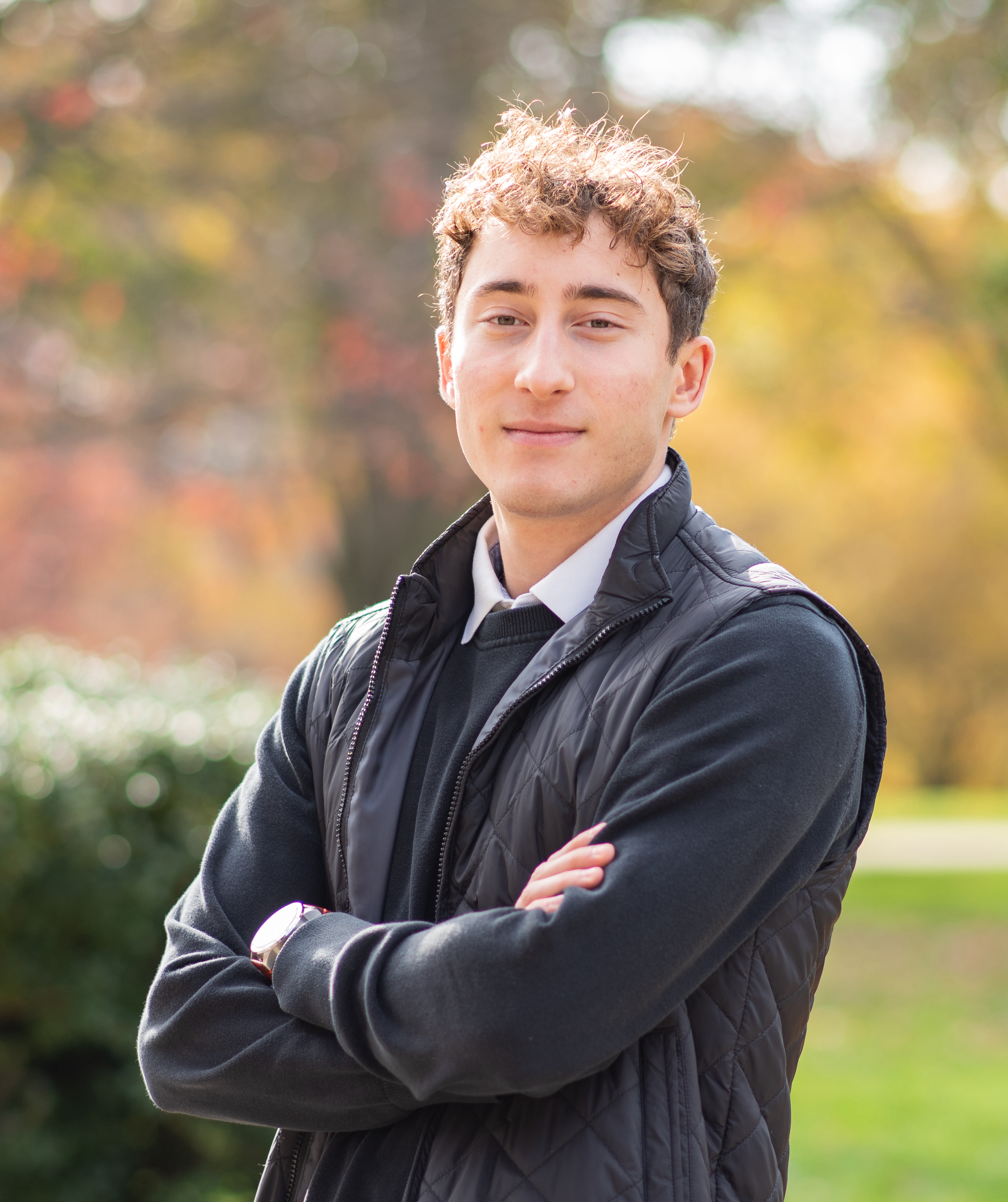
Michael Baker
- Scholar
- United States
- 2023 PhD Clinical Neurosciences
- Trinity Hall
After transferring from Schreyer Honors College at PSU to University of Pittsburgh for a neuroscience degree, I helped investigate biomarkers for psychosis by processing auditory evoked potentials and brain imaging. I later conducted biochemical research on synaptic protein interaction in learning and memory formation. These experiences prepared me for the data driven, neurochemical nature of my MPhil with Mr. Adel Helmy, inspired by observing surgeries and volunteering on hospital floors with patients being treated for nervous system injuries of varying severity; I questioned the impact of neuroinflammation on outcomes. Insight into neurotrauma is urgent because of the expected increase in its global incidence and it being one of the most abrupt causes of significant disability despite preventability and treatability. My aims are to use data from the largest cerebral microdialysis-monitored cohort to elucidate post-TBI correlations between brain metabolites and outcomes to guide intervention preventing inflammation and deterioration and to progress resource-stratified clinical guidelines for neurotrauma in low- and middle-income countries where there is threefold the incidence of TBI and associated mortality.
Liliya Bakiyeva
- Alumni
- Kazakhstan
- 2001 MSc Surgery
- Murray Edwards College (New Hall)
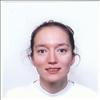
Liliya Bakiyeva
- Alumni
- Kazakhstan
- 2001 MSc Surgery
- Murray Edwards College (New Hall)
Louis Ballezzi
- Alumni
- United States
- 2003 MPhil BioScience Enterprise
- Churchill College

Louis Ballezzi
- Alumni
- United States
- 2003 MPhil BioScience Enterprise
- Churchill College
Feryal Banday
- Scholar
- India
- 2024 PhD English
- Murray Edwards College (New Hall)
Feryal Banday
- Scholar
- India
- 2024 PhD English
- Murray Edwards College (New Hall)
I grew up in Srinagar, Jammu and Kashmir. My schooling took place in local schools — Lawrence Vidya Bhawan and Government Girls Higher Secondary School, Amira Kadal — till the late 2010s. The permeation of the conflict into daily civilian lives affected, at times, my access to education, as well as my critical thought. I moved to Delhi to obtain higher education. My research at University of Cambridge will examine literary and visual texts produced by Kashmiris, and try to engage with the politics of being evidenced in their making. Using the framing arc of the conflict, I will also make enquiries into how the dynamics of caste, class, religion, ethnicities, and sexual orientation brings forward varied Kashmiri subjectivities in complex dialogues of solidarity and differences, instead of a homogenous Kashmiri posited in narratives discourses.
Previous Education
Jamia Millia Islamia English 2023
University of Dehli (Lady Shri Ram College) English 2020
Justin Bangs
- Alumni
- United States
- 2006 MPhil Social Environmental Development
- St Catharine's College
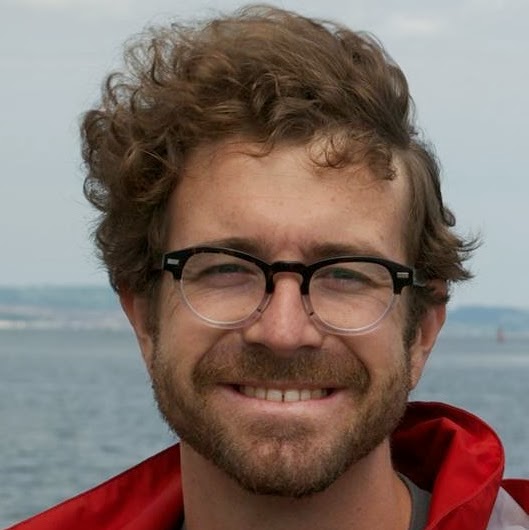
Justin Bangs
- Alumni
- United States
- 2006 MPhil Social Environmental Development
- St Catharine's College
Felix Barber
- Alumni
- New Zealand
- 2013 MASt Applied Mathematics
- Trinity Hall

Felix Barber
- Alumni
- New Zealand
- 2013 MASt Applied Mathematics
- Trinity Hall
I was raised in New Zealand, and studied science at university with the goal of doing research in condensed matter physics. During my time at Cambridge I completed part iii of the mathematics tripos, and exposure to a broad range of research topics led me to pursue a career studying living systems from a physics based perspective. For my doctoral work I am studying microbial growth, and am excited to be a part of the burgeoning field of quantitative biology.
Nicholas Barber
- Alumni
- United States
- 2018 PhD Earth Sciences
- Churchill College
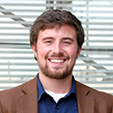
Nicholas Barber
- Alumni
- United States
- 2018 PhD Earth Sciences
- Churchill College
I spent my childhood outdoors, digging up every rock I could find and exploring the mountains of south-eastern Pennsylvania. These experiences grew into a lifelong desire to understand the most basic processes that shape the earth. As an undergraduate, I have conducted research on a variety of related topics, from sea level rise to a more recent gas monitoring study of geothermal features at Yellowstone National Park. As a 2016-18 Hollings Scholar, I interned with a National Oceanic and Atmospheric Administration research team to model seafloor deformation leading up the 2015 eruption of Axial Seamount in the Northeast Pacific. From 2015 through 2018, I have worked to reassess the structure, scale, and environmental impact of the Deccan Traps, an extinct volcanic province in western India. During my PhD I will seek to explain the systematic behaviour of trace metals in active volcanic systems. This model will synthesize existing trace metal emissions data with novel field and laboratory techniques. The aim of this project is to further our understanding of ore body development and the impact of volcanic emissions on human health. This work also has the potential to provide new tools monitoring agencies can use to forecast eruptions. I am incredibly honoured to receive the prestigious Gates Cambridge scholarship, and I look forward to drawing on the diverse perspectives of my fellow scholars as I work to safeguard volcanically-threatened populations.
Previous Education
Drexel University
Daniel Barcia
- Alumni
- United States
- 2015 MPhil International Relations & Pols
- Sidney Sussex College
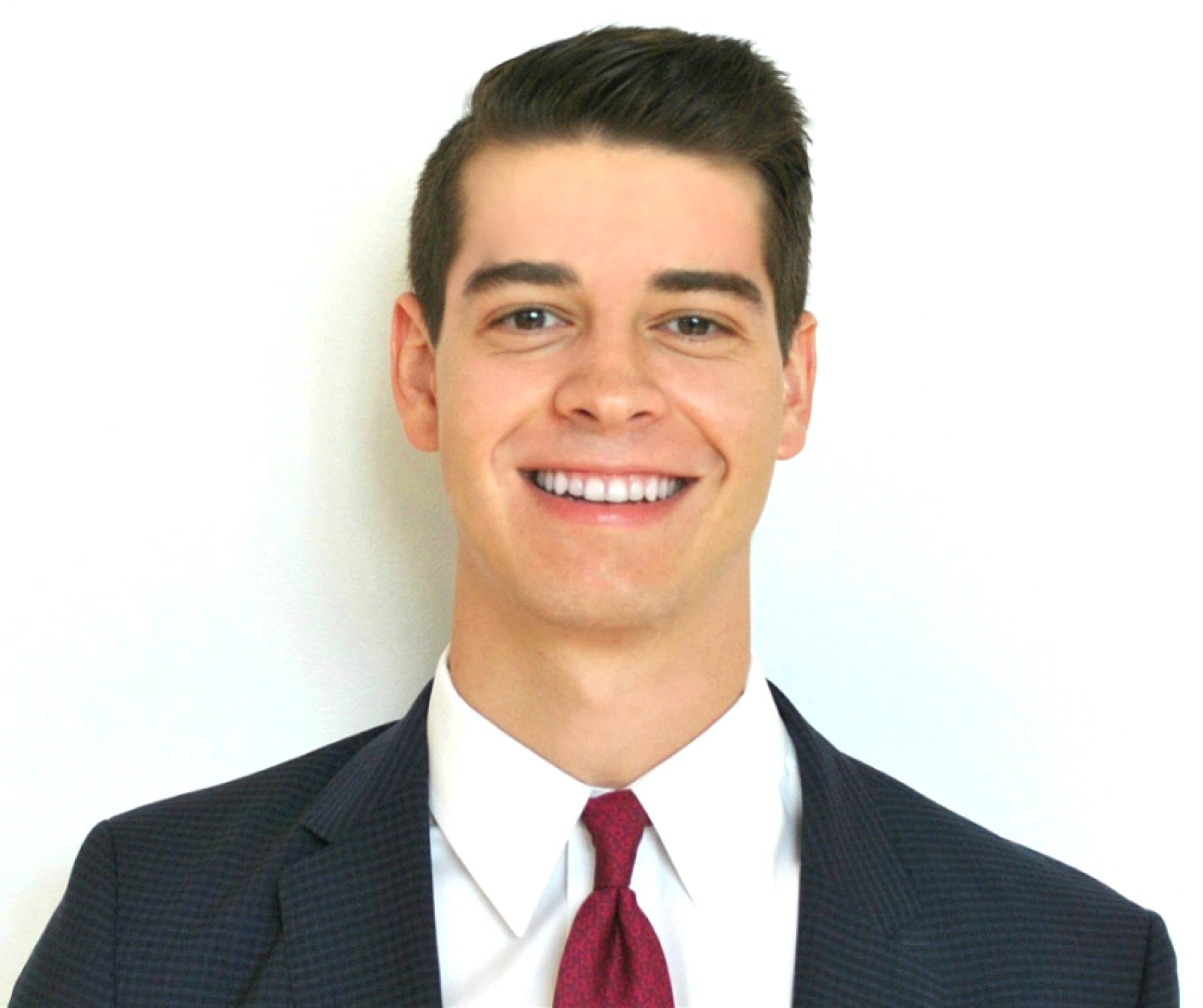
Daniel Barcia
- Alumni
- United States
- 2015 MPhil International Relations & Pols
- Sidney Sussex College
Previous Education
Harvard University
David Bard
- Alumni
- United States
- 2003 MPhil Economics & Development
- Christ's College
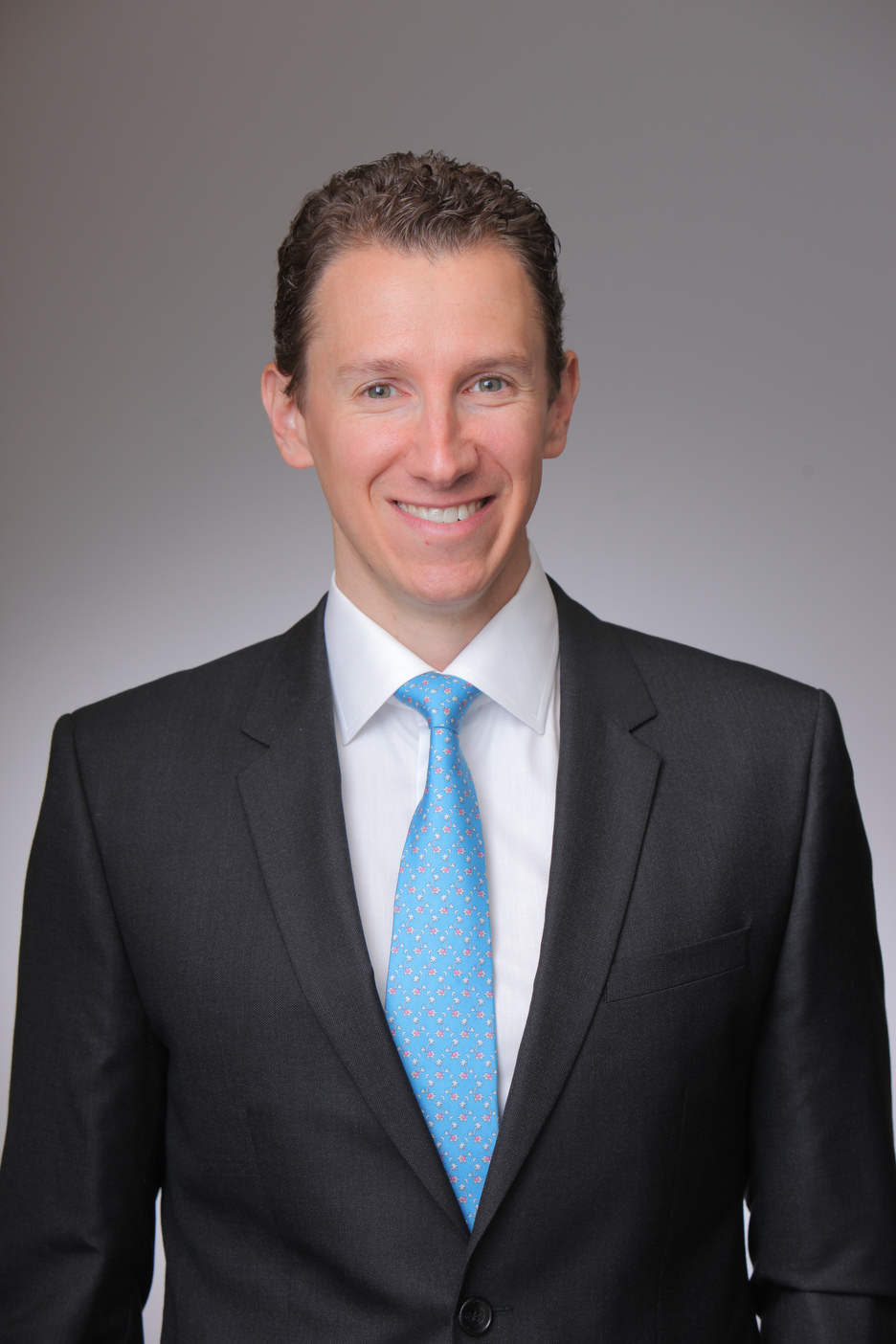
David Bard
- Alumni
- United States
- 2003 MPhil Economics & Development
- Christ's College
Previous Education
University of Pennsylvania BAS Int'l Econ & Fin Systems Engineering, BSE Finance Statistics 2002
Anis Barmada
- Alumni
- Syrian Arab Republic, Canada
- 2020 MPhil Genomic Medicine
- Clare College
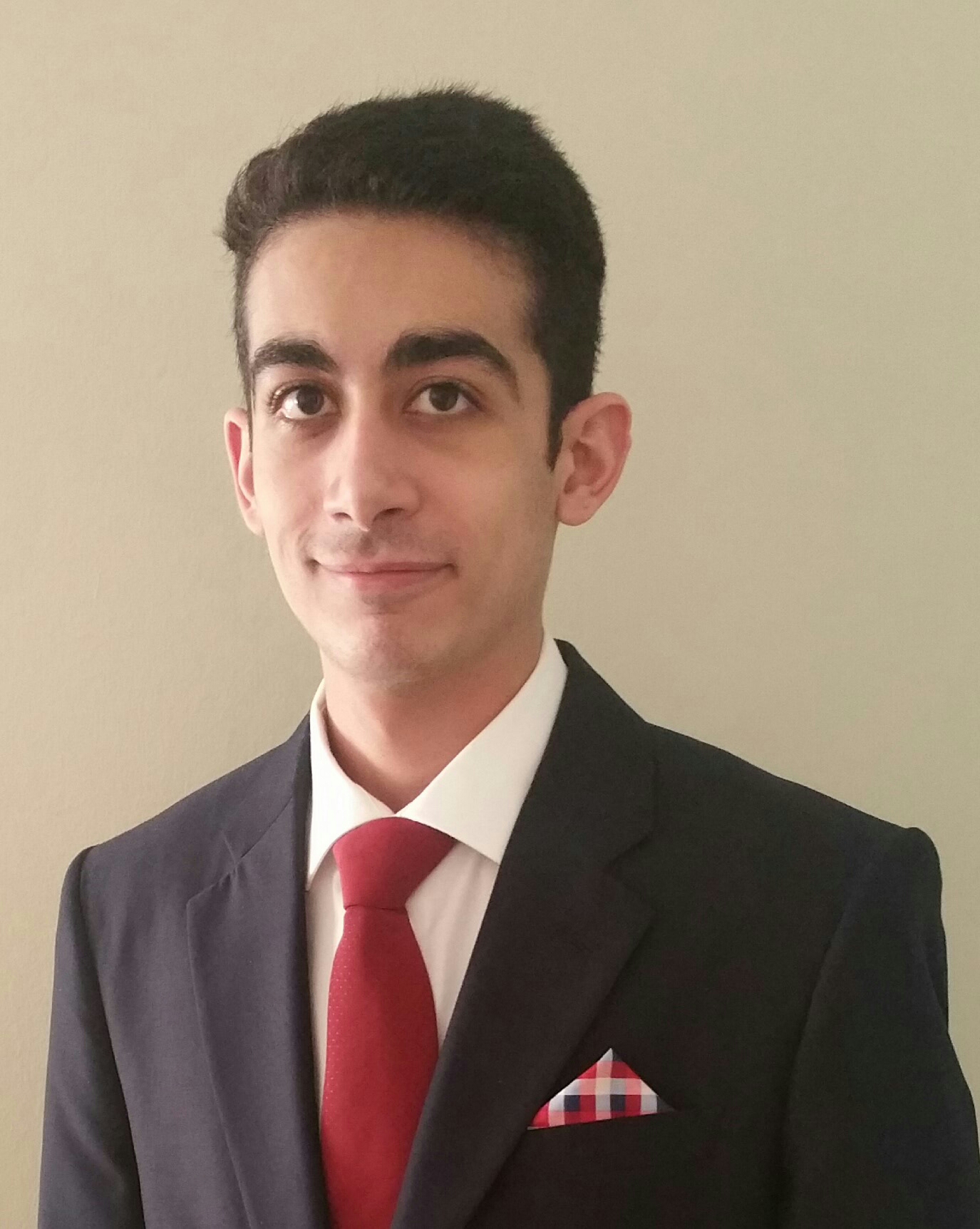
Anis Barmada
- Alumni
- Syrian Arab Republic, Canada
- 2020 MPhil Genomic Medicine
- Clare College
Growing up in Damascus, Syria, I immigrated to the United States when I was seventeen in September 2015. Completing my senior year at Wheeling High School in the U.S., I enrolled at UIC pursuing a bachelor's degree with a double major in biology and chemistry and minor in mathematics. I was fascinated by the immense potential in developing novel analytical chemical and mathematical tools to solve pressing biomedical problems. Starting my first year of college, I have conducted research on diabetic eye disease while volunteering at an ophthalmology clinic to serve patients of the same life-changing, blindness-causing disease conditions. Through these experiences, I found an articulation of my interests in patient-driven research that considers both the biochemical and socioeconomic lenses. Through the MPhil in Genomic Medicine at Cambridge, I hope to visualize the molecular, analytical, statistical, social, and clinical challenges facing the use of omics-based personalized medicine across everyday clinics. Professionally, I intend to pursue an M.D./Ph.D. advancing biochemical and computational technologies to address currently incurable diseases, and contributing to the crafting of a new era of healthcare without disparities.
Previous Education
University of Illinois-Chicago Biology and Chemistry 2020
David Baron
- Scholar
- United States, Colombia
- 2025 MPhil Mathematics
- St John's College
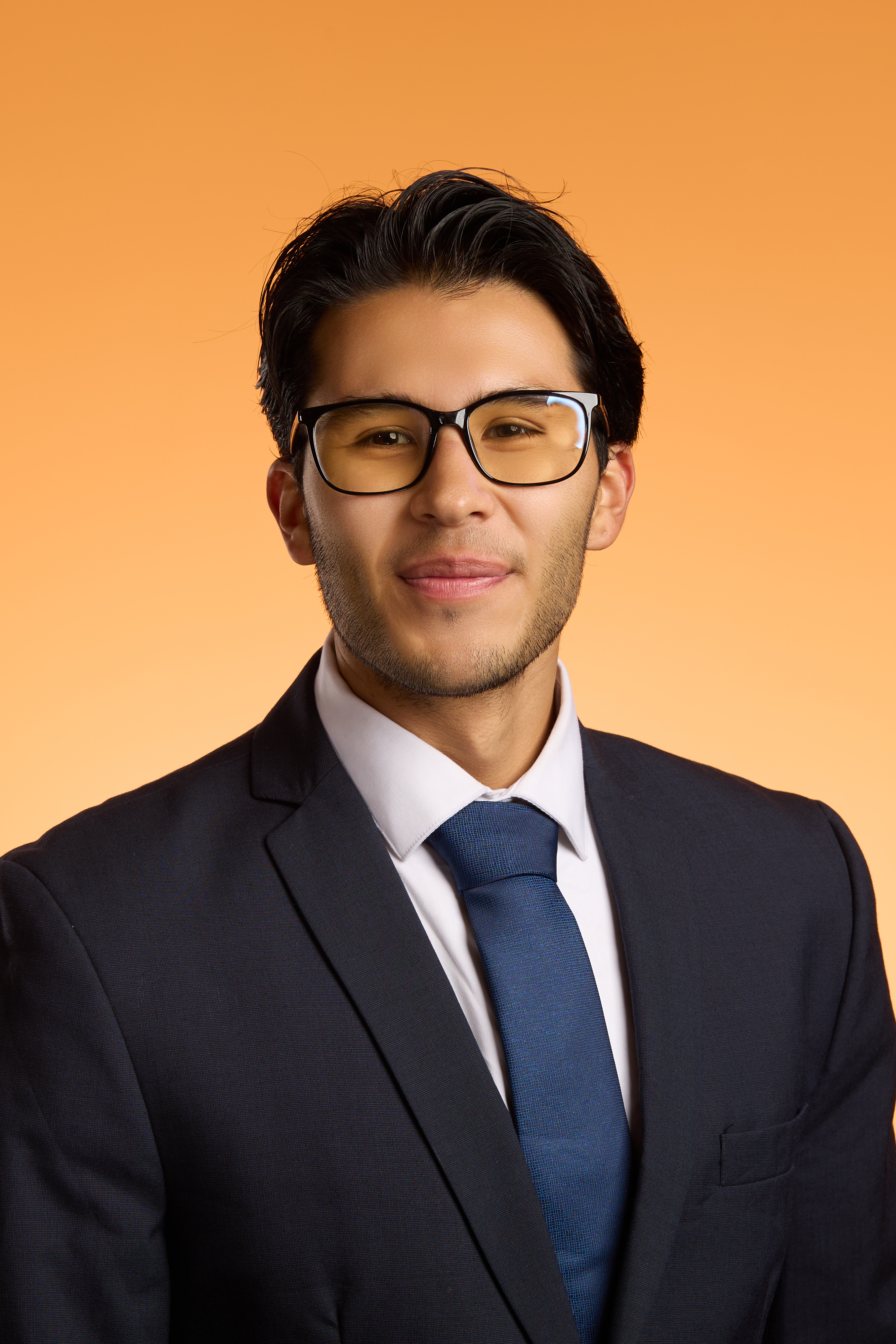
David Baron
- Scholar
- United States, Colombia
- 2025 MPhil Mathematics
- St John's College
David Baron was born and raised in Bogotá, Colombia. At 16, he immigrated to the U.S. with his mother and brother, aspiring to be the first in his family to attend college. To support his family, he left high school to work full-time, yet continued studying mathematics in his free time, driven by a deep curiosity and love for the subject. After a year, he returned to school with renewed determination, excelling academically while giving back to his community as an ESL instructor and conducting materials engineering research at Penn State University. His dedication led him to become a Questbridge Match Scholar, earning a full-ride scholarship to Williams College. Before attending, he served three years as a combat medic in the U.S. Army National Guard, an experience that deepened his resilience and commitment to mentorship. At Williams, he pursued the mathematics major, mentored students from underrepresented backgrounds, and studied at Oxford University during his junior year. Set to graduate with honors in 2025, he will begin a PhD in applied mathematics at Harvard University after completing his MPhil in Mathematics at Cambridge.
Previous Education
Williams College Mathematics
Lina Barrera
- Alumni
- United States
- 2002 MPhil Environment & Development
- Trinity Hall

Lina Barrera
- Alumni
- United States
- 2002 MPhil Environment & Development
- Trinity Hall
My experiences travelling between my native country of Colombia and the United States have made me distinctly aware of the inequalities among different countries. These experiences combined with my interest in the natural environment have formed the foundation of my interest in the field of development and environment. I hope that my research at Cambridge will provide me with the tools to influence development patterns so that they become more environmentally and socially responsible.
Marie Barrere-Collet
- Scholar
- Australia, Mauritius
- 2024 PhD Multi-Disciplinary Gender Studies
- King's College
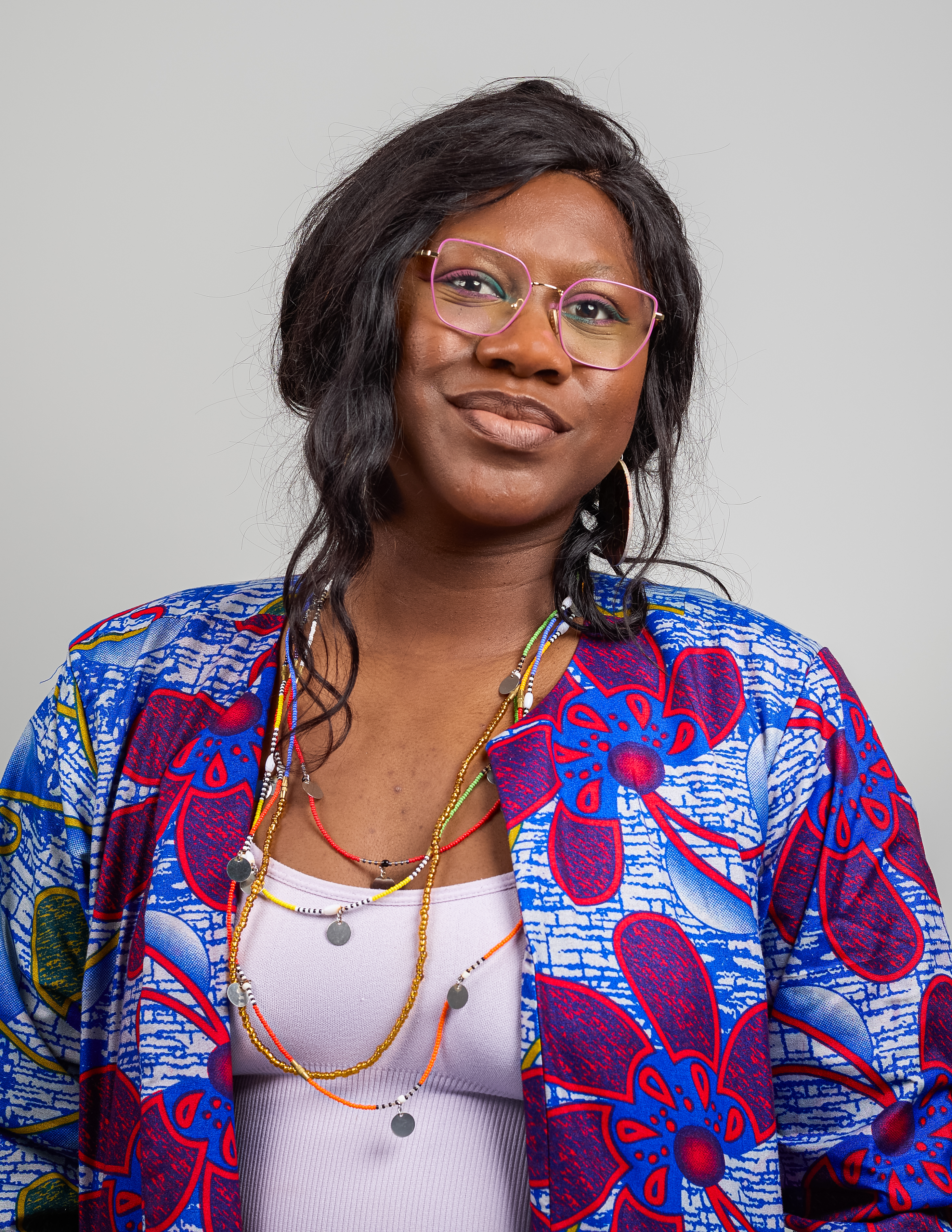
Marie Barrere-Collet
- Scholar
- Australia, Mauritius
- 2024 PhD Multi-Disciplinary Gender Studies
- King's College
I am a multidisciplinary decolonial feminist scholar with an atypical academic journey, a Gates Scholar, and the former leader of the Black Lives Matter movement in Perth (Western Australia). My 2023 MA (by Research) in Historical Studies, which was my first university degree, investigated the dress choices of Creole Mauritian women. My PhD aims to further dissect this sartorial narrative, emphasising its aspects of gendered, racial, and cultural resistance. I am also a textile artist, known professionally as Ubuntu Fibres, and many of my published works appear under the name ‘Christelle Collet’. I am committed to exploring and advocating for the identity and voice of Black women, particularly within the context of Mauritian colonial and patriarchal legacies and their persistent socio-cultural effects. My research intertwines community engagement and artistic methodologies. Before my MA, I engaged in support and advocacy for various communities, later transitioning into diversity and inclusion education and consultancy. I led ‘Project One Heart’, focusing on the stories of families of Colour and families of marginalised genders across Australia. Additionally, I contributed to various research projects, publishing on the narratives of Black Creole women, their defiance against oppressive systems, and intersectionality within the Indian Ocean region. Notably, I co-authored and co-edited the groundbreaking book 'Women in the Making of Mauritian History' in 2021.
Previous Education
University of Mauritius History (Hist6000) 2023
University of Western Australia Law & Society/Political Scienc
Links
Briseyda Barrientos Ariza
- Alumni
- United States
- 2023 MPhil European, Latin American, & Comparative Literatures & Cultures
- Trinity College
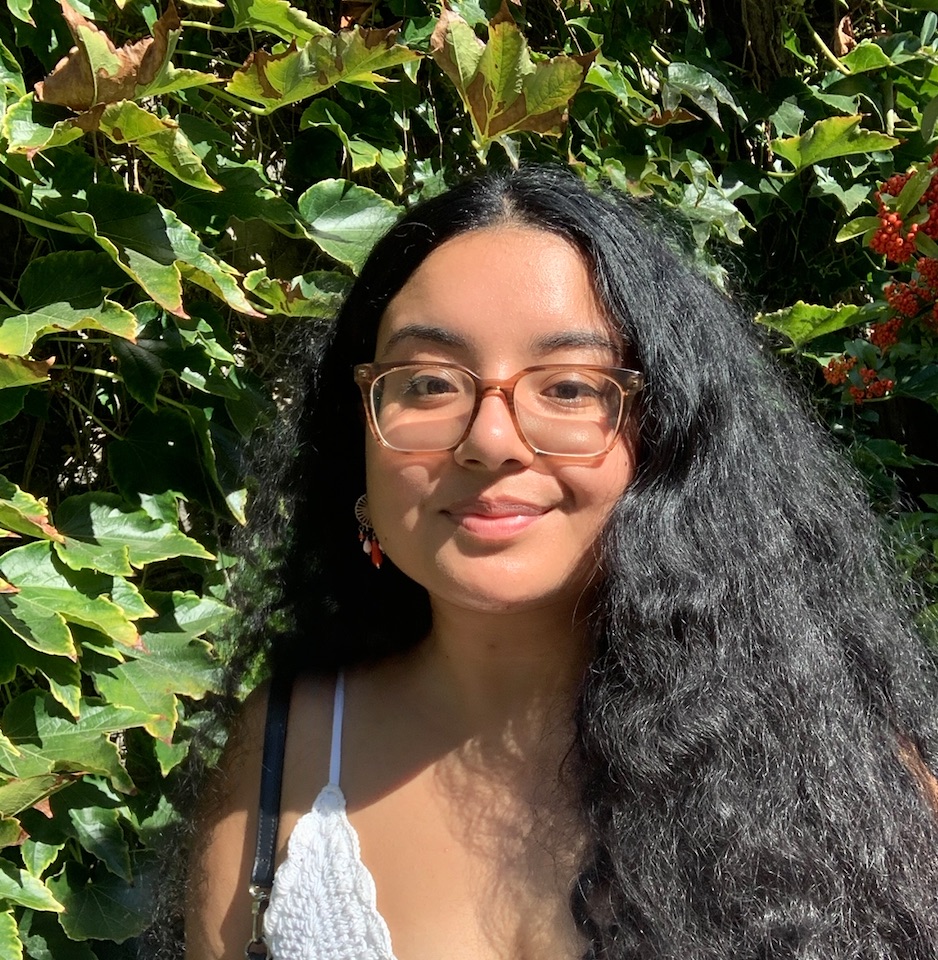
Briseyda Barrientos Ariza
- Alumni
- United States
- 2023 MPhil European, Latin American, & Comparative Literatures & Cultures
- Trinity College
I am from Hyattsville, Maryland and most of my childhood summers were spent in the humid climates of Guatemala––saturated in the culture of storytelling. During my studies at Towson University, I returned to the stories of my girlhood. As a recipient of the Leadership for Public Good Fellowship, I collected the oral histories of Guatemalans on their encounters with regional folkloric figures, amplifying occluded voices via cultural/archival work. I built upon my fieldwork in my thesis, where I examined the function of orature and its products as counterstories and symptoms of colonial trauma. During my MPhil at Cambridge, I will broaden my work to the larger Central American diaspora to exhibit how orature and its practice operate as a collective narratological and rhetorical (method)ology that opposition colonial narratives, allowing for new ones to emerge. By re-reckoning the violence represented in the literary and lived, I seek to reassess how narratives are constructed and taught globally through the language and experiences of the oppressed to highlight the anticolonial possibilities extant in intergenerational stories. I am honored to join the Gates Cambridge community, where we all look forward to building a better world.
Previous Education
Towson University English with Literature Track 2022
Towson University Psychology 2022
Kayla Barron
- Alumni
- United States
- 2010 MPhil Engineering
- Peterhouse
Kayla Barron
- Alumni
- United States
- 2010 MPhil Engineering
- Peterhouse
I graduated from the U.S. Naval Academy in May 2010 with a B.S. in Systems Engineering. Driven by a passion for curbing the effects of anthropogenic climate change while meeting growing global energy demands, I sat for an MPhil in Nuclear Engineering at Cambridge, conducting fuel cycle research on a thorium reactor concept known as the Accelerator Driven Subcritical Reactor. I am currently serving as a submarine warfare officer in the U.S. Navy.
Thomas Barron
- Alumni
- United States
- 2010 MPhil African Studies
- St John's College

Thomas Barron
- Alumni
- United States
- 2010 MPhil African Studies
- St John's College
Genevieve Barrons
- Alumni
- United States
- 2013 MPhil Education
- St John's College
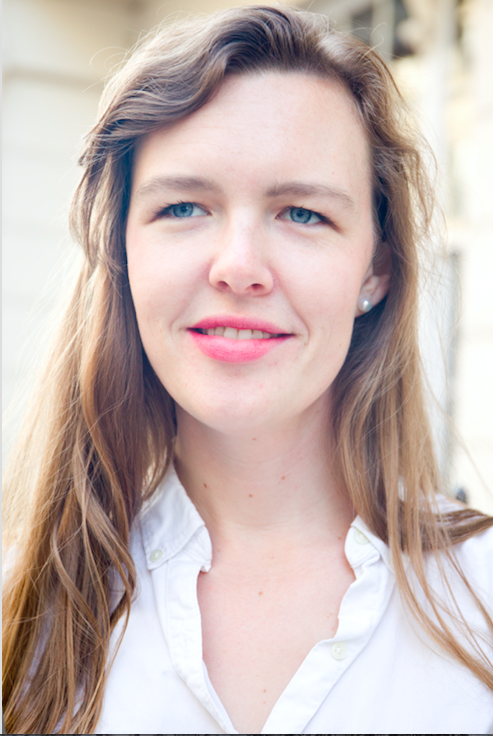
Genevieve Barrons
- Alumni
- United States
- 2013 MPhil Education
- St John's College
Previous Education
University of British Columbia Bachelor of Arts (Honours) 2012








